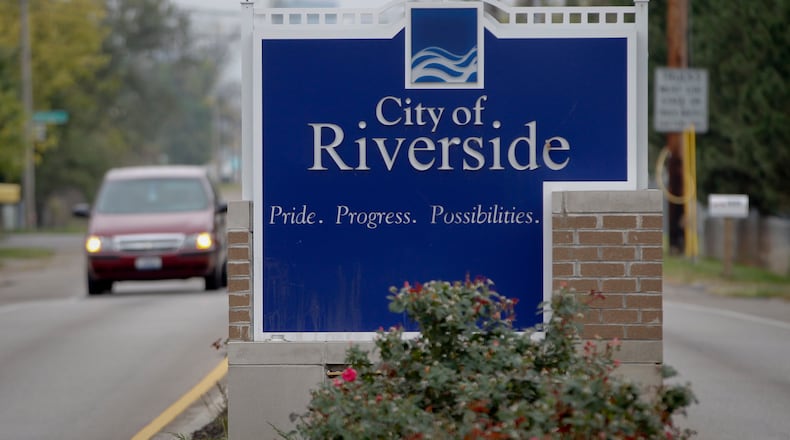Half of the 1% income tax increase on the November ballot will go to police operations in the city, and the other half will go to fire. The city says the increase in income tax is needed due to rising costs to the city, including in health insurance and salaries.
The fire department, police department and fire union have publicly stated they are in support of the tax levy.
Two council members voted against the resolution, April Franklin and Bev Campbell.
Council member Brenda Fry said she believes the community doesn’t have a problem with reintroducing the tax credit but are worried about the process that is occurring.
“I think the concern is that we have the power to affect their bottom line and they don’t have a say in this stuff,” Fry said, referring to the community. “I would be more on board with a proposal where we say we won’t raise the credit without their consent.”
Mayor Pete Williams said he and Jesse Maxfield, the two members of city council who proposed the resolution, explored that option.
“I mean, law director, correct me if I’m wrong, but I asked this question a month ago, that we essentially put conditions on a moratorium and he said, it’s not in the charter, so we cannot change the charter,” Williams said.
He said he believed this proposal was the best way around the problem.
“I’m trying to include the electorate and the citizenry and say, if we do that then you need to hold us accountable, because we’re telling you that we don’t want to do that,” Williams said.
Fry ultimately voted for the resolution.
Campbell also voted against the measure. She said she didn’t feel comfortable voting for something that had “no teeth.”
“I just think it has no meat, it has no meaning,” she said.
Williams argued that the council was setting a budget that would affect the city far into the future.
“The decisions that we make don’t stop on the day that our term ends,” Williams said.
About the Author

